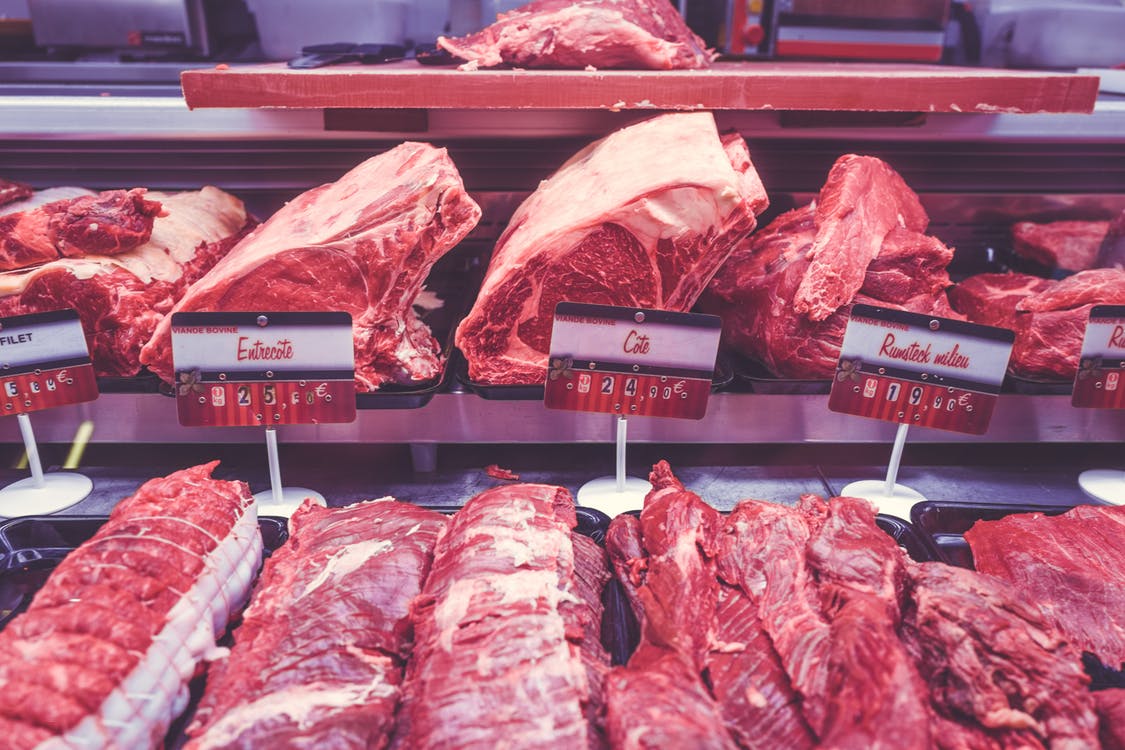
Premium cuts such as sirloin or rib have long been associated with quality.
However, there are many undervalued cuts of beef that are not only cost-effective, but versatile and succulent.
The longer, slower cooking times required for secondary cuts such as shanks, cheek, and brisket can make for rich, restaurant-quality dishes, perfect for the winter.
Cross-cut veal shanks
Osso Bucco is a traditional Milanese dish using cross-cut veal shanks, which can be purchased at any butcher or supermarket at only $12/kg. Shanks are slow-cooked in white wine and broth, alongside vegetables such as tomatoes, carrots, celery, and onion.
Commonly served with risotto or mashed potato, it’s the kind of dish that you can prepare before work, and return home to a fragrance of bay leaves and cinnamon.
Rump steak
Rump is a versatile cut of beef from the lower back of the beef, sold as steak or roasting joints. Rump steak can be char-grilled, and is perfect for stir fry. Chinese dishes such as mongolian or teriyaki beef often opt for chewier cuts like rump steak. It can be slightly less tender than sirloin, but still only needs a short time on the grill. For stir-fry it can be cut into fine strips or chunks depending on preference.
Beef Cheek
Beef cheeks are tough cuts that have a great texture and become tender when cooked over low and slow heat. Cheeks are the traditional cut used for braising. As the cut is quite rich, a little goes a long way. It is commonly slow-cooked in a red wine based stew. For a juicy and flavoursome cut, beef cheeks pair nicely with a side of creamy polenta or pearl couscous.
Brisket
Brisket is a cut of meat from the breast or lower chest and is sometimes used to make corned beef. The cut is relatively inexpensive, but produces delicious results. Basting is a common technique used when cooking beef brisket, it requires a long cooking time at a low temperature. This can be achieved using an oven or slow-cooker. If cooked properly it is great for a pulled beef dish.
Often our perception of quality cuts are simply cultural. With the right cooking method, less fashionable cuts of beef can make for tender, rich meals, without much effort.
 Return to News
Return to News

















